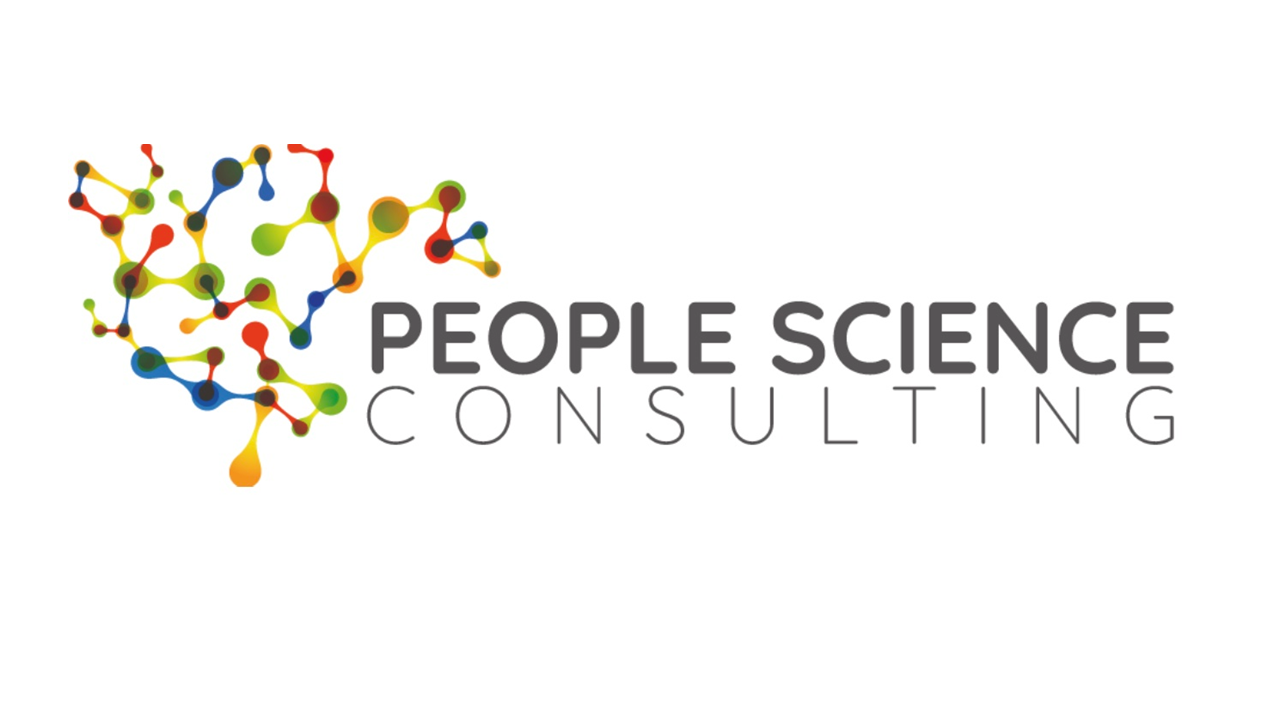Why helping staff craft their own purpose is more crucial than ever
A sense of purpose is a defining human need. The Covid-19 crisis has shone a spotlight on purpose at work. Seniority is no longer a signal of status, value or impact.
For some, such as key workers, the significance of their work has been illuminated. For those working in supermarkets and food retailers, for example, restocking shelves and serving customers has always been important. But the crisis has highlighted the responsibility and impact these people have. Other employees will have lost their sense of purpose. They may have been furloughed or their work will have taken a back seat to make way for reactive, urgent business continuity priorities.
As lockdown eases and the way we work transitions into something new, or more normal, the ‘why’ of our jobs will be a cause for reflection and contemplation for many. Having a sense of purpose has often been described as having a ‘North Star’ – something to motivate us to achieve our goals, guide our intentions and actions, and lead us to fulfilment and growth. But through the early stages of the post-pandemic era, a sense of purpose will be less of a North Star and more of a lighthouse. The pandemic has brought chaos and complexity and, as the lighthouse guides us through stormy waters to safety, purpose will be a beaming light through the fog and a source of hope and direction.
From organisational to individual purpose
Many organisations have invested in developing their organisational purpose and, for some, it will have guided decision-making and action during the pandemic. For others, it may have been irreversibly shaken or rendered redundant. Whatever the scenario, organisational purpose is unlikely to fulfil people’s need for meaning, hope and direction.
Purpose in our current context needs to be deeply personal. The human experience of Covid-19 has been unique to every individual; the range of factors influencing it are diverse, complex and changeable and, depending on that personal experience, people will seek to recover, discover, reinvent or reinforce their purpose at work.
Job crafting on purpose
So how can organisations and HR leaders revive or recalibrate a sense of purpose and amplify engagement and performance along the way? One evidence-based and practical way to do this is by purpose crafting. Purpose, or cognitive, crafting is a type of job crafting that involves shaping and reframing how we think about the value and purpose of our work.
Four key types of purpose crafting
There are many ways in which people can purpose craft, including broadening, narrowing, finding and personalising purpose.
An example of broadening purpose might include a customer service operator in a bank reframing their daily tasks from dealing with individual issues, to providing a key service to customers to support their financial welfare.
Rather than broadening their focus, other employees may find value in focusing in on a specific aspect of their work they find particularly meaningful and enjoyable (narrowing purpose) – such as an HR business partner creating opportunities to contribute to wider business strategy.
A project manager’s job crafting experiment to check in with projects they had delivered a year ago is an example of someone connecting to the purpose of their work (finding purpose). These check-ins allowed them to not only hear stories about the benefits (and possible failings) of their work, but also gave them other insights that will shape how they lead future projects.
People can also ignite a sense of purpose by finding ways to connect their work with values, activities or beliefs that are meaningful and important to them on a personal rather than strictly professional basis (personalising purpose). For example, getting involved in, or leading, sustainability or mental health initiatives or starting a weekly running group may allow people to bring outside interests into the organisation.
Bringing purpose crafting to life
Rather than giving or telling people what purpose is, leaders and HR should be concerned with creating opportunities for people to find and shape it for themselves. Here are three ways we’ve seen organisations help people find and join their personal purpose dots:
Encourage people to connect with, and directly hear from, the benefactors of their work – through focus groups, testimonials, or simple feedback.
Be explicit about discussing and defining the purpose and value of work – by defining purpose and value in job descriptions and in one-to-one discussions.
Actively invite people to bring their passions to work – by introducing employee-led skill share workshops or encouraging people to involve themselves in working groups that matter to them (for example, wellbeing or sustainability groups).
While in the current climate it is inevitable that in some organisations purpose, value and meaning will get lost in a scramble to get back to a sense of business as normal, others will see this as an opportunity for their employees to reconnect with their sense of meaning and working identity.
Now, more than ever, people will want and need the freedom and encouragement to navigate and craft ways towards their personal North Stars or guiding lights. There will be lasting benefits for the individuals, teams and organisations that encourage and enable people to do this.
Julia Smith is founder and director of People Science and Rob Baker is founder and director of Tailored Thinking and author of Personalization at Work

